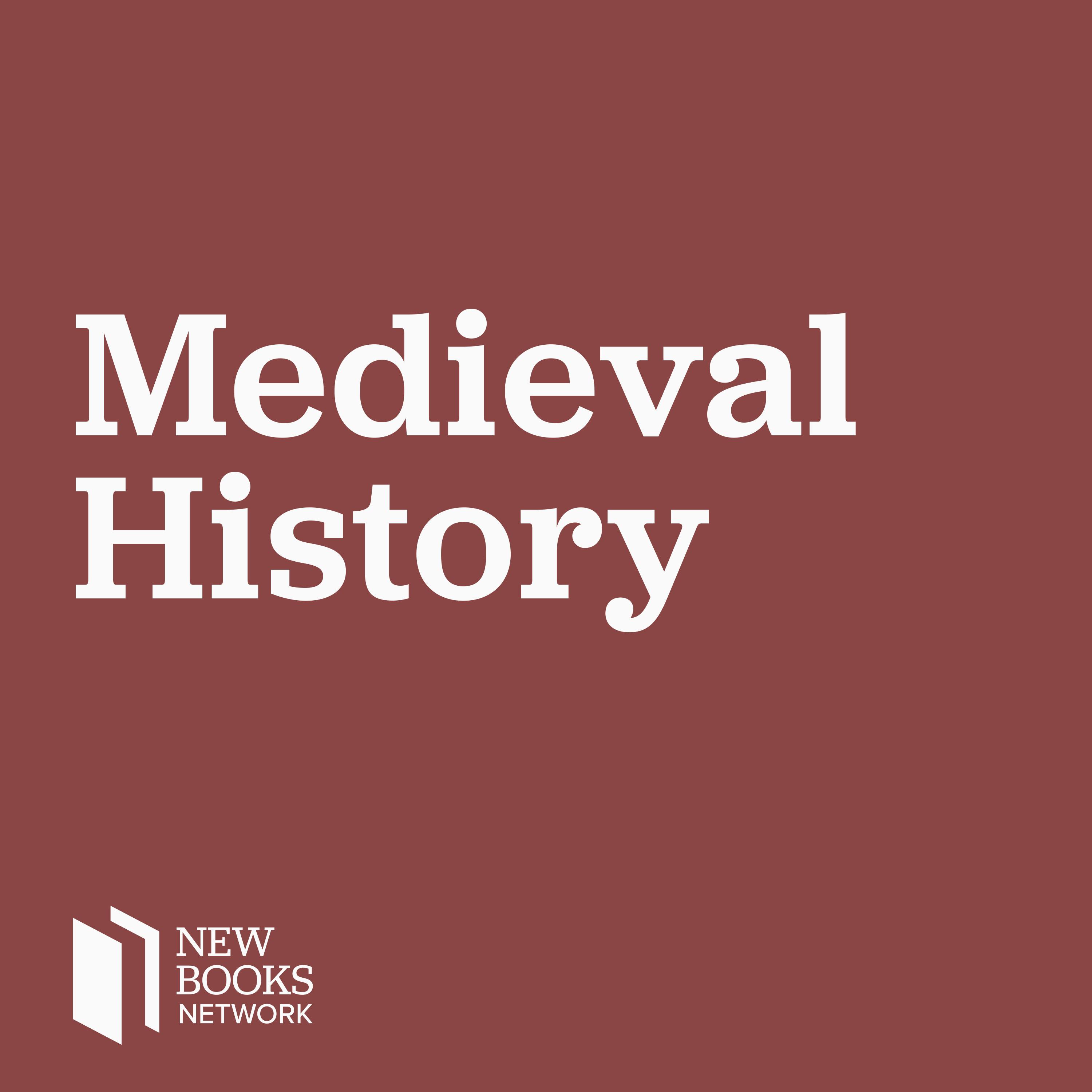Denva Gallant, "Illuminating the Vitae Patrum: The Lives of Desert Saints in Fourteenth-Century Italy" (Penn State UP, 2024)
Description
During the fourteenth century in Western Europe, there was a growing interest in imitating the practices of a group of hermits known as the Desert Fathers and Mothers. Laypeople and religious alike learned about their rituals not only through readings from the Vitae Patrum (Lives of the Desert Fathers) and sermons but also through the images that brought their stories to life.
In Illuminating the Vitae Patrum: The Lives of Desert Saints in Fourteenth-Century Italy (Penn State University Press, 2024), Dr. Denva Gallant examines the Morgan Library’s richly illustrated manuscript of the Vitae Patrum (MS M.626), whose extraordinary artworks witness the rise of the eremitic ideal and its impact on the visual culture of late mediaeval Italy. Drawing upon scholarship on the history of psychology, eastern monasticism, gender, and hagiography, Dr. Gallant deepens our understanding of the centrality of the Desert Fathers and Mothers to late mediaeval piety. She provides important insights into the role of images in making the practices of the desert saints both compelling and accessible to fourteenth-century city dwellers, who were just beginning to cultivate the habit of private devotion on a wide scale.
By focusing on the most extensively illuminated manuscript of the Vitae Patrum to emerge during the trecento, this book sheds new light on the ways in which images communicated and reinforced modes of piety. It will be of interest to art historians, religious historians, and students focusing on this period in Italian history.
This interview was conducted by Dr. Miranda Melcher whose new book focuses on post-conflict military integration, understanding treaty negotiation and implementation in civil war contexts, with qualitative analysis of the Angolan and Mozambican civil wars.
Learn more about your ad choices. Visit megaphone.fm/adchoices
More Episodes
Published 11/23/24
During the early medieval Islamicate period (800–1400 CE), discourses concerned with music and musicians were wide-ranging and contentious, and expressed in works on music theory and philosophy as well as literature and poetry. But in spite of attempts by influential scholars and political...
Published 11/12/24
Filippo Gianferrari, "Dante's Education: Latin Schoolbooks and Vernacular Poetics" (Oxford UP, 2024)
In fourteenth-century Italy, literacy became accessible to a significantly larger portion of the lay population (allegedly between 60 and 80 percent in Florence) and provided a crucial means for the vernacularization and secularization of learning, and for the democratization of...
Published 11/06/24


